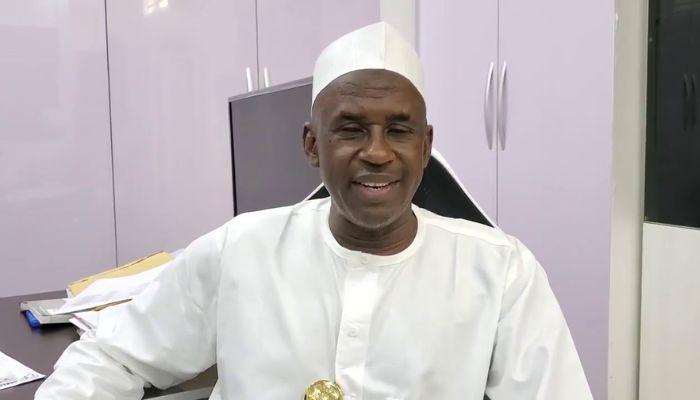Nigerian Senator Enyinnaya Abaribe has identified a significant challenge in the country’s electoral system, stating that the issue lies not with the technology itself, but rather with the interpretation of laws by the courts. Abaribe, who represents Abia South, made this observation at a recent review of the Independent National Electoral Commission’s (INEC) innovations in electoral technology, which took place in Abuja.
The senator emphasized that he supports innovations that improve the electoral process, citing his own experience as a beneficiary of INEC’s direct transmission of results. However, he noted that the judicial system has failed to keep pace with the technological advancements introduced by INEC. Abaribe pointed out that the courts often disregard INEC guidelines, which should be considered part of the electoral law.
This disparity between the electoral commission’s innovations and the judiciary’s interpretation of the law can have significant implications for the country’s electoral system. As Nigeria continues to introduce new technologies to improve the voting process, the need for the judiciary to adapt and align with these innovations becomes increasingly important.
The review, organized by the Anthena Centre, focused on INEC’s innovations in electoral technology from 2015 to 2025. The event provided a platform for stakeholders to assess the progress made and identify areas for improvement. Abaribe’s comments highlight the need for a comprehensive approach to electoral reform, one that takes into account not only technological advancements but also the legal framework that governs the electoral process.
As Nigeria prepares for future elections, the importance of aligning the judicial system with electoral innovations cannot be overstated. The country’s ability to conduct free and fair elections will depend, in part, on the ability of the judiciary to interpret the law in a manner that supports the use of technology in the electoral process. By addressing this challenge, Nigeria can work towards improving the integrity and transparency of its elections, which is essential for strengthening democracy and ensuring the will of the people is reflected in the outcome of the electoral process.



